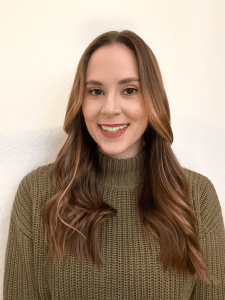
Byron Joyner, MD, MPA
Over the last few years, the GME Office has intentionally built expertise to support trainees and programs regarding “Human Resources (HR)” matters – for example, leave, return to work and disability accommodations. This month, I have asked our GME HR Manager, Bre Leatherman, to share information about leaves of absence and return to work resources for programs[i]. These are important complex topics that we are proud to support for our GME community.
Byron Joyner, MD, MPA
Vice Dean for Graduate Medical Education, Designated Institutional Official

Bre Leatherman, MBA, PHR
The ability to take time away from training during significant moments of life is essential to resident and fellow well-being. Whether it is taking time to bond with a new child, to care for a personal serious health condition, or to provide care for a family member with a serious health condition, there are a wide variety of resources to support resident and fellow leaves of absence and return to work.
In AY24, over 95 residents and fellows in ACGME- and CODA-accredited training programs took a leave of absence. The most common questions residents and fellows typically have about leave are: “How much leave can I take? How can I receive payment during my leave? Can leave affect my training? What about my return to work?” These are all important aspects of leave planning that I have included brief information on below:
How much leave can I take?
The Family and Medical Leave Act (FMLA) provides up to 12 weeks of unpaid leave. Most residents and fellows become eligible after 1 year of UW benefit eligible employment.
Washington Paid Family and Medical Leave (PFML) provides up to 12-18 weeks of partially paid leave. Most residents and fellows new to WA state become eligible after 6 months of WA state employment.
UW Parental Leave provides up to 4 months of unpaid parental leave. Residents and fellows are eligible starting on the first day of their appointment. Birth parents also receive unpaid postpartum recovery leave (generally 6 to 8 weeks). The entire parental leave period may extend up to 6 months, including time covered by FMLA, during the first year after the child’s birth or placement.
How can I receive payment during my leave?
Residents and fellows can use a combination of their available UW Paid Time Off (PTO) and apply for PFML to receive payment during their leave. Most residents and fellows typically receive up to 90% of their pay for 12-18 weeks of PFML upon approval. UW PTO is considered a “supplemental benefit” to PFML, which means residents and fellows can use their UW PTO at the same time they are claiming PFML pay benefits.
Residents and fellows should complete a Leave Planning Template to show how they plan to use any of their available UW PTO during their leave. Completed Leave Planning Templates should be submitted to programs before the start of a leave so they can update MedHub and Workday accordingly on behalf of residents and fellows.
Can leave affect my training?
An important consideration unique to residents and fellows, is how much time off is permitted before an extension of training is required. This is not a uniform answer since it varies based on ACGME, specialty board, and program graduation requirements. Residents and fellows should talk with their program director to understand if leave will impact their training and possibly require an extension of training.
American Board of Medical Specialties (ABMS) Member Boards with training programs of two or more years in duration may allow for a minimum of 6 weeks away once during training for purposes of parental, caregiver, and medical leave, without exhausting time allowed for vacation or sick leave and without requiring an extension in training.
What about my return to work?
A great resource for residents or fellows returning from parental leave is the GME Family Building and Return to Work Resources webpage, containing information on lactation spaces, childcare options, parent support groups, etc.
Residents and fellows taking leave to care for their own serious health condition should determine if they will require any accommodations upon their return to work. A request for return-to-work accommodations should be submitted to the Disability Services Office (DSO) as soon as possible to allow DSO and GME time to discuss with the program.
Residents and fellows are also encouraged to speak with their program to see if any flexible return to work options are available.
Schedule a Leave Meeting with GME
Resident and fellow leaves of absence can be complex, which is why GME is here to assist. I am always available and happy to meet with residents, fellows, and programs about leave. To schedule a leave meeting, please email smitbre@uw.edu.
GME Leave Resources
Resident and Fellow Leaves of Absence webpage
GME Parental Resources
Family Building and Return to Work Resources webpage
GME Accommodation Resources
Resident and Fellow Accommodations webpage
Bre Leatherman
GME HR Manager
[i] The leave of absence and return to work resources apply to UW Residents and Fellows represented by the RFPU-NW CBA in ACGME- and CODA (dental)-accredited programs. Non-ACGME Fellows, Clinician Researchers, and Acting Instructors should contact their department HR for guidance.
Residents and Fellows who hold a stipend title may not be eligible for Family Medical Leave Act (FMLA) or Paid Family & Medical Leave (PFML), as wages paid via stipend do not contribute to FMLA or PFML eligibility. However, other leave types may be available, and the grant may provide a funding source. Trainees that hold a stipend title should consult their program and GME.
